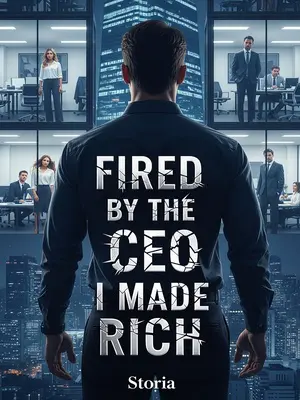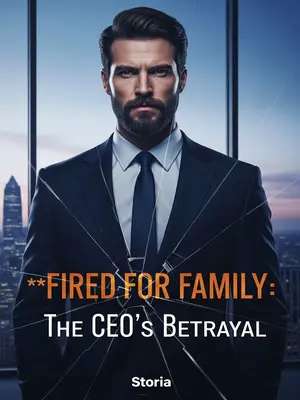Chapter 6: New Beginnings, Old Wounds
My new colleagues at Westview Innovations were welcoming. I’d parachuted in as a director, so I thought the department might give me a hard time. But they were genuinely enthusiastic.
“Glad you’re here, Caleb. Now maybe I can actually take a lunch break for once, huh?” Ben, the acting department head, said with a grin. He was a big guy from Minnesota, the type who brings in donuts every Monday and calls everyone ‘buddy.’ His handshake nearly crushed my fingers on the first day.
Other colleagues chimed in:
“Every time there’s a meeting, Ben gets nervous in front of the boss. Caleb, you’re so calm—even if the sky falls, you’re unfazed. We’ll rely on you from now on!”
“Caleb was headhunted with a high salary. He was a tech big shot at Silverline Tech. With Caleb on board, Westview will soar!”
Someone popped a bottle of sparkling cider, spraying foam over the catering trays. The laughter was genuine, and for a moment, I felt the ache of belonging again.
Westview Innovations and Rachel’s Silverline Tech are in the same industry. But unlike Silverline’s rocky journey, Westview had strong financial backing and rose fast.
Hearing my new colleagues’ praise, I couldn’t help but feel a little flattered. The team atmosphere here was nothing like Silverline’s.
I used to be the co-founder and CTO at Silverline. The title sounded impressive, but most of the shares belonged to Rachel—she was the real boss.
Actually, from the start, Rachel and I had different management philosophies. I wanted to focus on product development, taking steady, measured steps. Rachel, pressured by her father, wanted quick returns and chased every hot trend.
We often clashed over this. But the real breaking point was a project meeting two years ago.
Rachel saw the smart home market booming and wanted to pivot the company to seize that opportunity. But Silverline’s foundation was in smart warehousing and logistics. Diverting time and money to another industry would have meant tearing down everything we’d built.
As head of tech, I was the first to object. But Tanya and the HR, admin, and finance teams all backed Rachel. The meeting ended in deadlock.
The conference room had floor-to-ceiling windows with a view of the city, and that day, the rain was streaking the glass in silver lines. Rachel sat at the head of the table, tapping her pen like a judge waiting for someone to plead guilty. My team shrank in their chairs, everyone glancing at Tanya for cues.
After that, we started arguing in private constantly. At its worst, our conflict spilled over into the company.
She once slammed the table and yelled at me in front of everyone, not caring about my dignity, pointing at the door and shouting:
“Caleb! Don’t think that just because you control the tech staff you can challenge me. I’m the one with the money—I’m the CEO. If I want, I can hire as many excellent CTOs as I like. You’re only here because you’re my boyfriend. Otherwise, with your qualifications, you don’t deserve to be CTO!”
The words still sting. That day, the whole office went silent—someone’s mug crashed to the floor, and nobody moved to pick it up. I felt about three feet tall, my hands shaking under the table. Nobody made eye contact with me for a week after.













